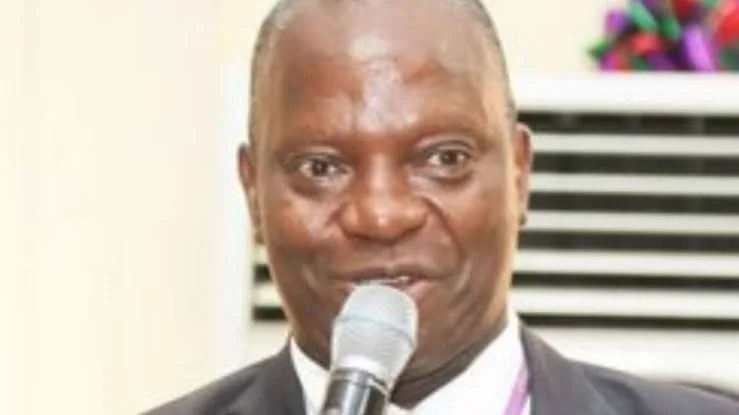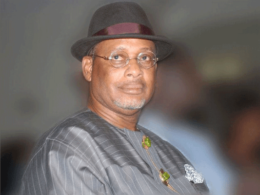The Vice-Chancellor of Maduka University, Professor Charles Ogbulogo, has highlighted the immense potential of Nigeria’s blue economy, stating that it could contribute $1.5 trillion to the global economy if properly utilized. Speaking at the 2023/2024 convocation, matriculation, and awards ceremony of Crown Maritime Academy, Ogbulogo emphasized the significance of harnessing the blue economy’s resources for sustainable economic growth.
Represented by the Rector, CMA, Dr. Musa Akinyemi, Professor Ogbulogo underscored the transformative power of the blue economy, noting that it has the capacity to create over 30 million jobs and provide vital sources of protein to over 3 billion people worldwide. He emphasized the urgent need to prioritize the preservation of the ocean ecosystem while maximizing its economic potential.
In his keynote address titled ‘Marine and Blue Economy Ministry: Catch-Alls and Caveats for the Tinubu Administration,’ Professor Ogbulogo emphasized the shift from traditional brick-and-mortar business models to the knowledge economy. He highlighted the importance of aligning Nigeria’s economic policies with global trends, particularly in the context of sustainable development and environmental conservation.
According to Professor Ogbulogo, the blue economy refers to the sustainable utilization of ocean resources to promote economic growth and improve livelihoods. He stressed the need for comprehensive policies and strategic initiatives to leverage Nigeria’s vast maritime resources for national development.
“The blue economy is concerned with the use of ocean resources, with an emphasis on the empowerment of its economic system,” said Professor Ogbulogo. “Since the core focus of the blue economy is anchored on sustainability, it is an integral part of the green economy.”
He further emphasized the interconnectedness of various economic paradigms, including the knowledge economy, care economy, green economy, and blue economy. Professor Ogbulogo warned against the risks of neglecting the blue economy, highlighting the potential consequences for nations that fail to adapt to evolving economic trends.
“As the world transitions to new economic models, there is a risk that destitute nations will be left behind,” cautioned Professor Ogbulogo. “It is imperative for Nigeria to embrace the opportunities presented by the blue economy and position itself as a leader in sustainable maritime development.”
In conclusion, Professor Ogbulogo called for concerted efforts to harness Nigeria’s maritime resources responsibly, emphasizing the need for collaboration between government, academia, and industry stakeholders. He urged policymakers to prioritize investments in infrastructure, technology, and human capital development to unlock the full potential of the blue economy and ensure inclusive growth for all Nigerians.















